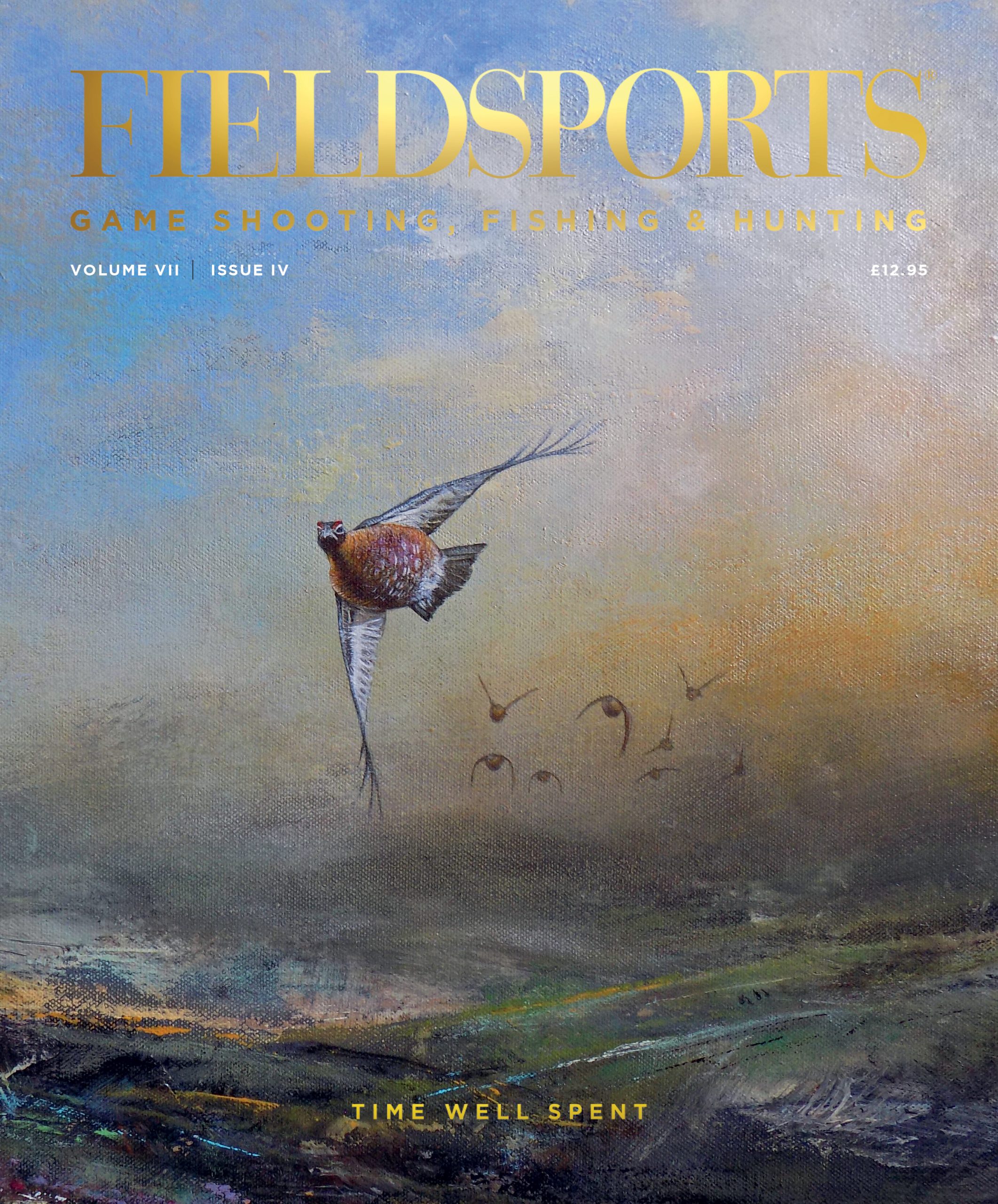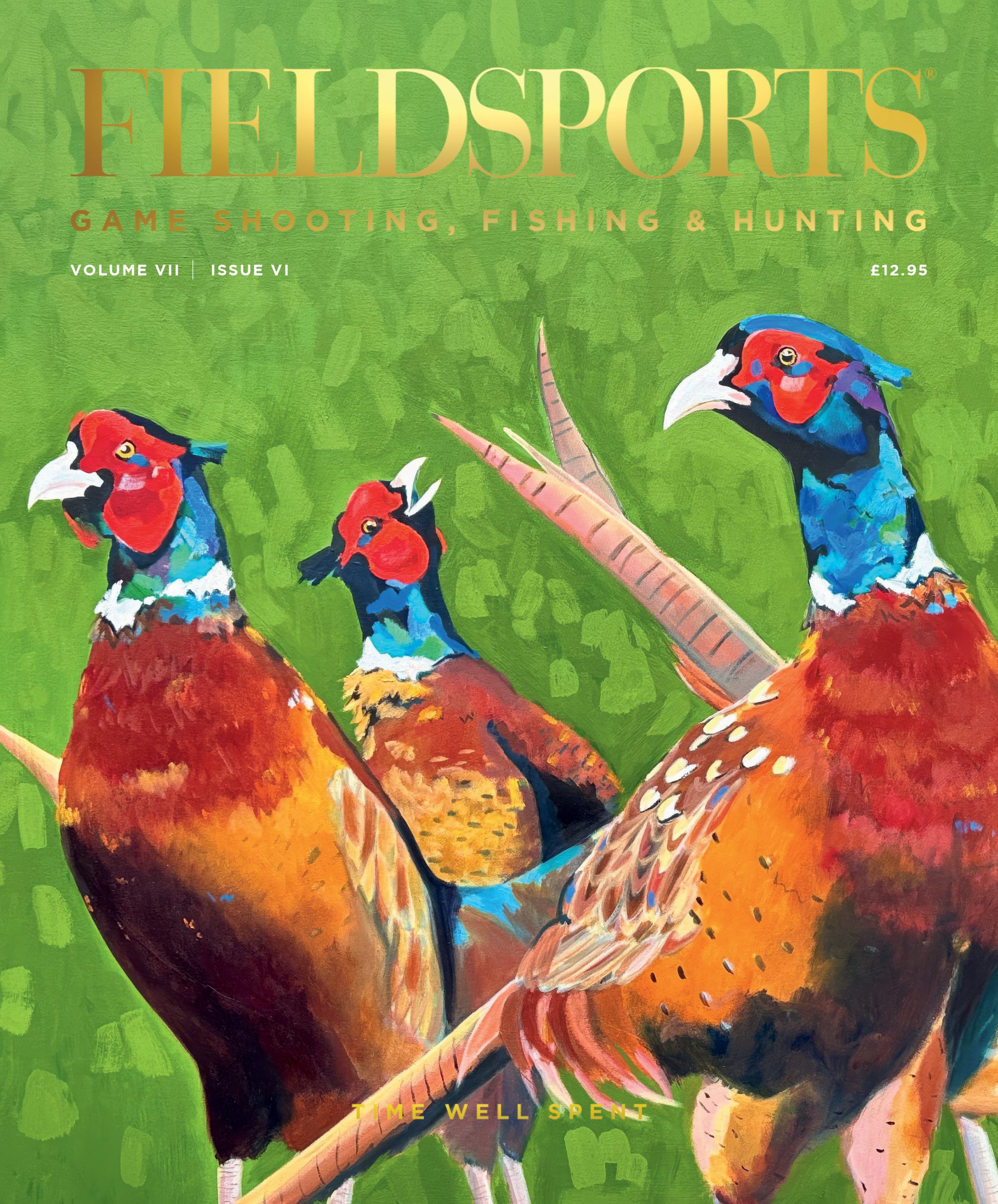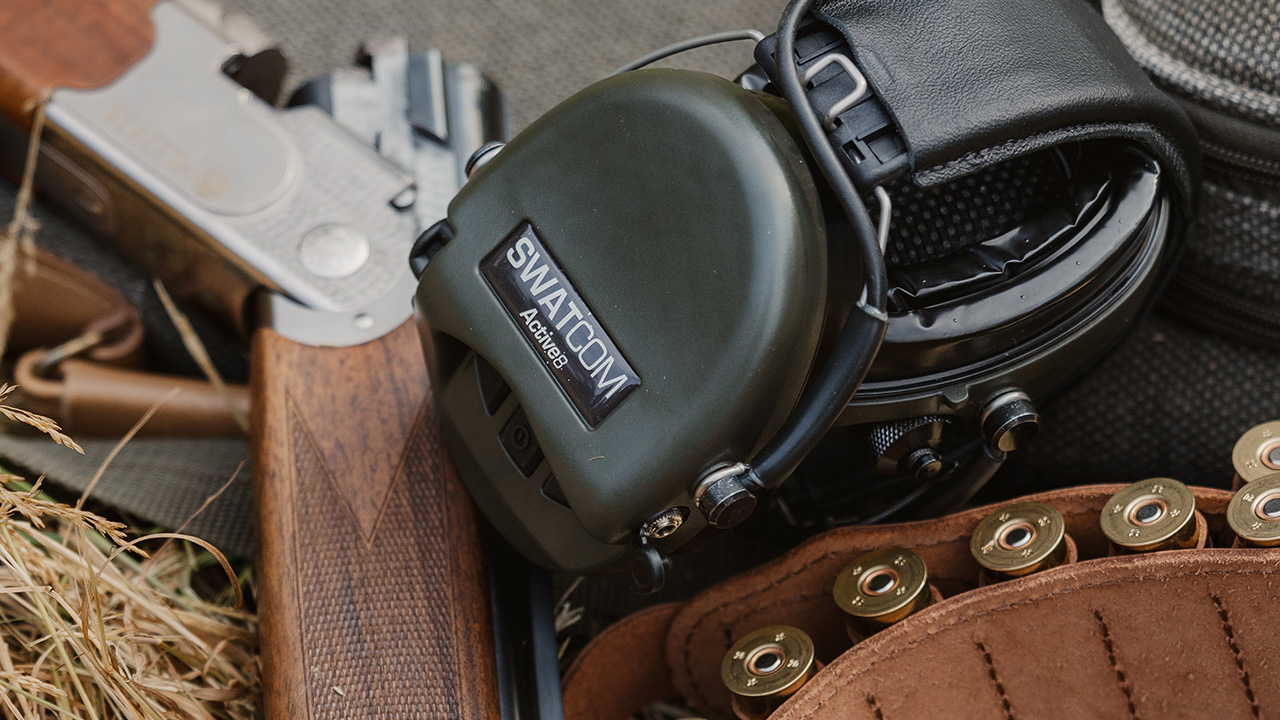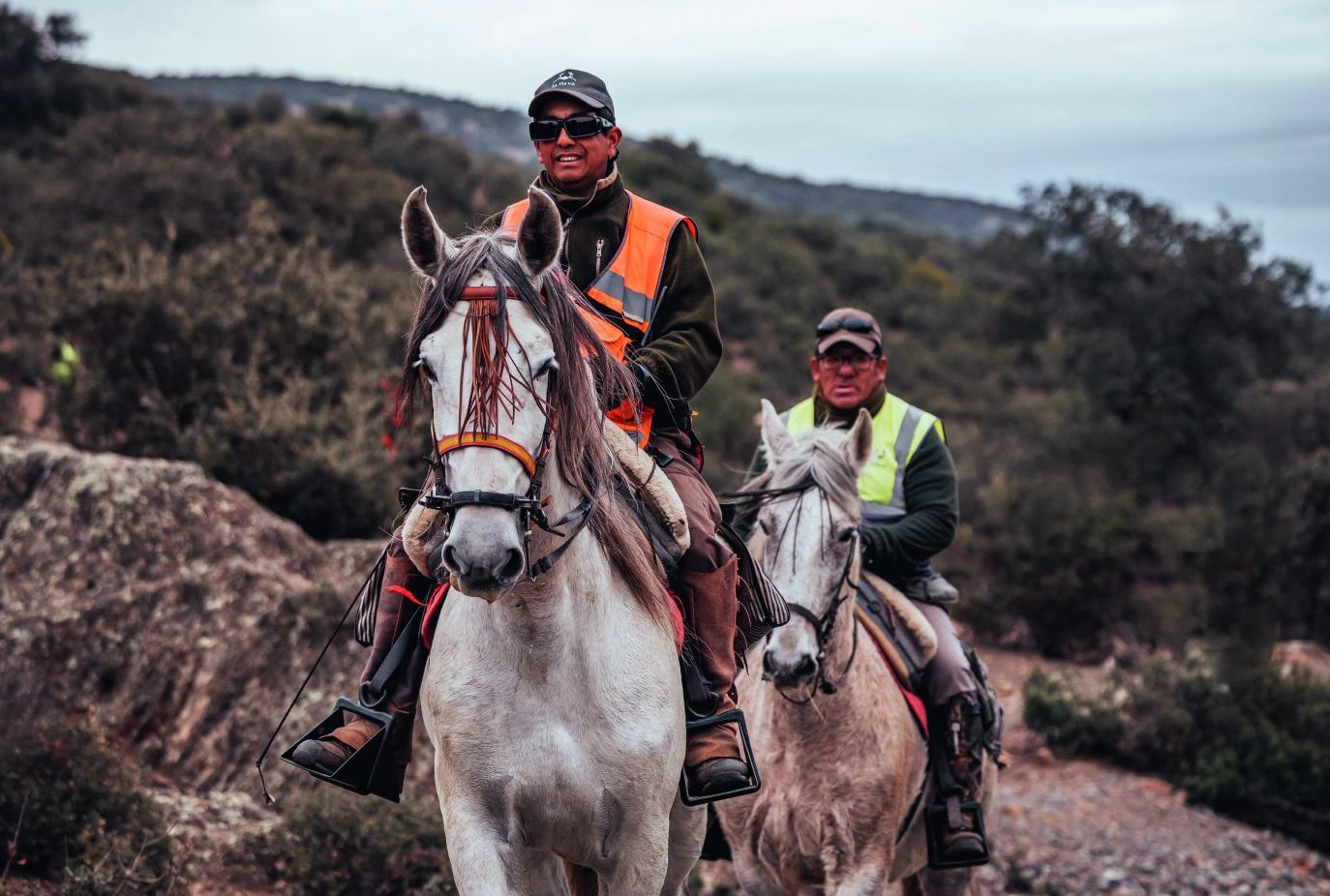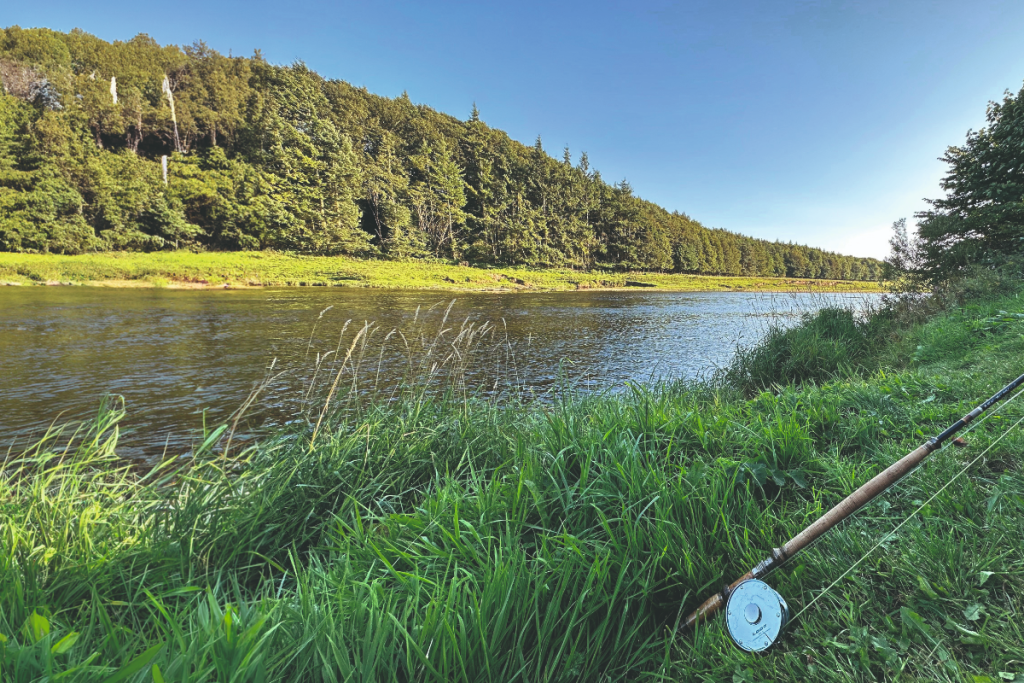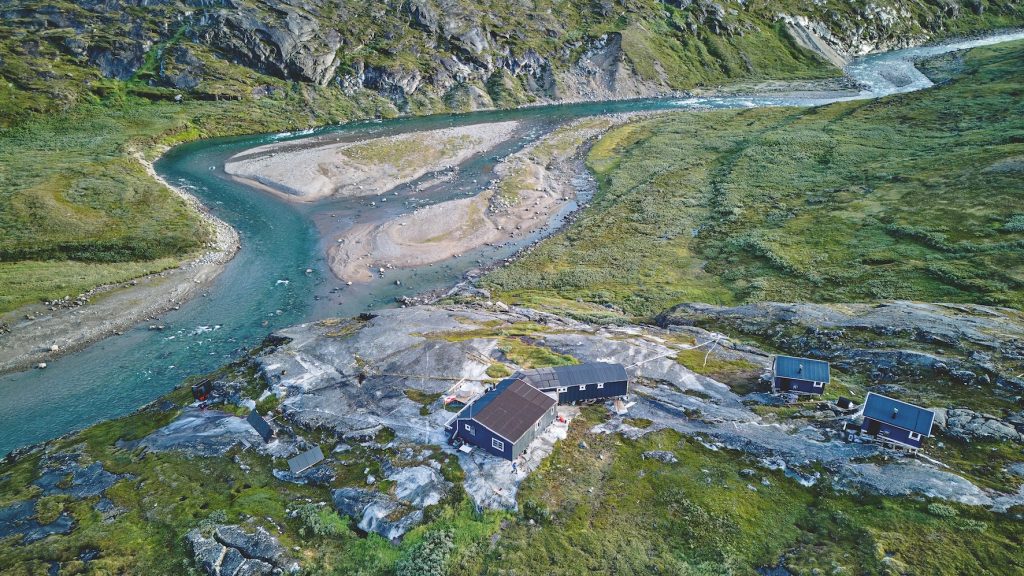Top tips for coarse fishing
A look at what coarse fishing is, plus some of the top tips for success.
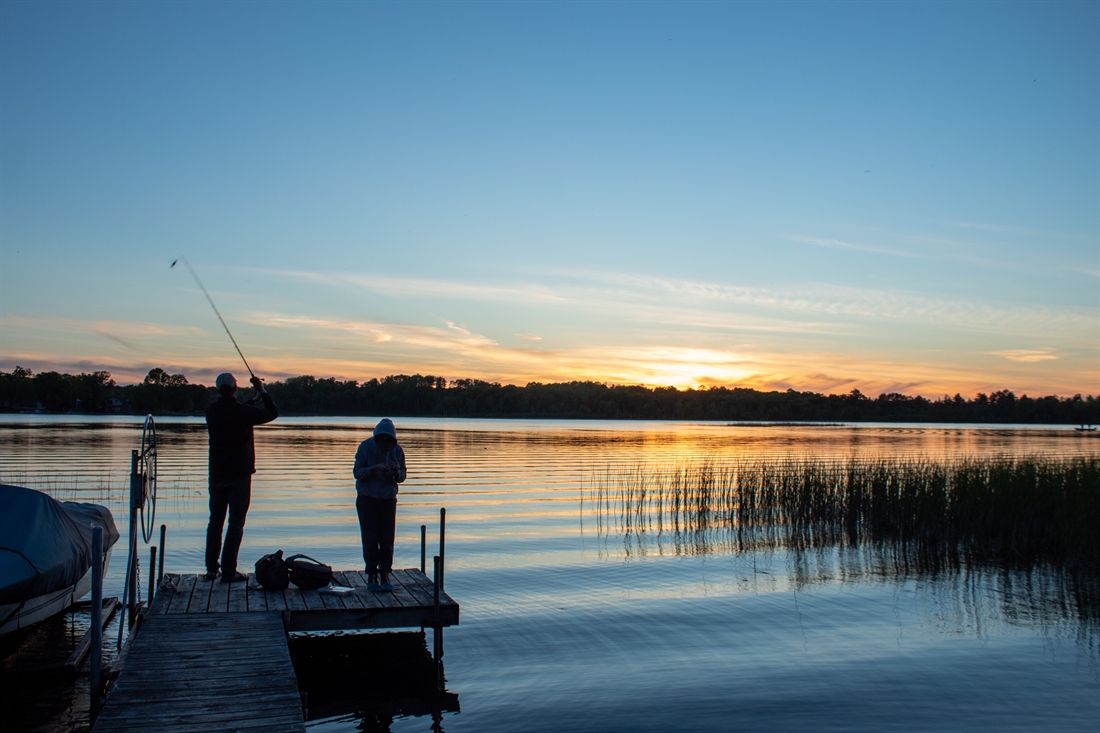
Fishing is one of the most popular sports in the world. As its popularity grows, so too do the niches that fall under its umbrella.
One of those thriving niches, particularly in the UK, is coarse fishing.
Below, we’ll take a look at what coarse fishing is, before looking at some of the top tips for success in this field sport.
What Is Coarse Fishing?
Coarse fishing is popular in the UK and refers to the fishing of fish not considered worthy enough of eating, such as carp, bream, and barbel. Anglers often fish in lakes, rivers, streams, or canals and employ a range of techniques, from float fishing to feeders.
Coarse fishing as a sport has become hugely popular and has even drawn interest from betting sites and players. In some of the biggest tournaments, it isn’t surprising to see some gambling sites offering bonuses and deals, and they may even give you a risk free bet.
Top Tips For Coarse Fishing
If you’re a beginner angler, you may be feeling overwhelmed by the volume of information that’s shoved in your face. From knot techniques and rods and rigs to the different types of bait, there’s a lot to learn.
We’re not going to dive into those stupefyingly technical things here. But instead, we’ve got some super practical tips that are guaranteed to help you on your fishing trips.
Do Your Research
If you’re going to fish a new lake, river, or canal, it pays to learn as much about it as possible before you go.
Anglers tend to get excited. They just want to turn up, set up, and get their hooks into the water. But, you may be in for a quiet day if you don’t take the time to learn about the waters you’re fishing.
For example, fish like carp tend to congregate in deep pools, especially in the colder weather. If you spend a bit of time doing some research before your fishing trip, such as reading reviews of the spot, walking around the banks before you set up, or even just speaking to the locals, you’ll discover where the prime fishing spots are.
Research also helps when it comes to deciding which type of fish to target. For example, some rivers and lakes may have a large stock of bream, which you can catch with a float rig. This gives you vital information that is needed to decide what gear to bring with you, saving precious space in your car and your back from extra strain.
The same goes for bait. You may find that some anglers at certain lakes all use the same type of bait. Armed with that knowledge, you will have a sense of what works, so you can boost your chances of a successful day on the bank.
Always Pack A Change Of Clothes
If you live and fish in an area where the weather’s prone to change, bringing a spare set of clothes may be the smartest thing you ever do.
It may have happened to you before — you sat on the bank in the baking sun in your t-shirt and shorts, only for a dense black cloud to suffocate the light and drown you with rain.
And, it’s not just the weather that anglers need to prepare for. Fishing does involve sitting next to water. And from time to time, anglers can fall in.
It may be purely accidental (and very embarrassing) or it may be in an effort to save a catch. Regardless, fishing can be a damp sport. So, always be prepared and, at the very least, bring a spare pair of socks.
Related Articles
Get the latest news delivered direct to your door
Subscribe to Fieldsports Journal
Elevate your experience in the field with a subscription to Fieldsports Journal, the premium publication for passionate country sports enthusiasts. This bi-monthly journal delivers unparalleled coverage of game shooting, fishing and big game across the UK and beyond.
Each issue offers a stunning collection of in-depth features, expert opinions and world-class photography, all presented in a timeless yet contemporary design.
Save 10% on shop price when you subscribe, with a choice of packages that work for you. Choose from Print & Digital or Digital only with each journal delivered directly to your door or via the app every other month, plus access to past issues with the digital back issue library.
